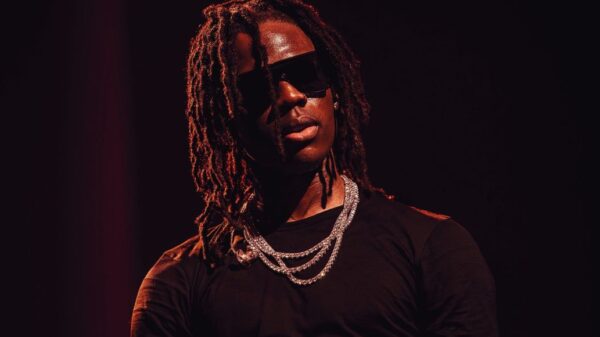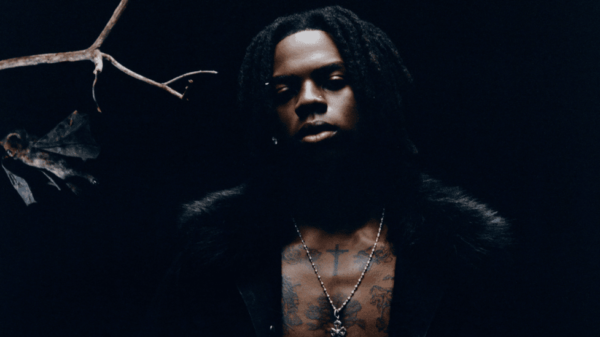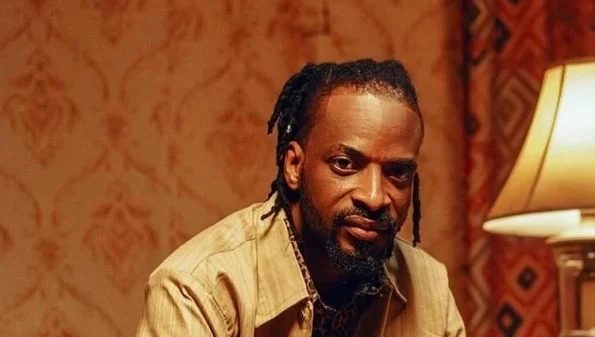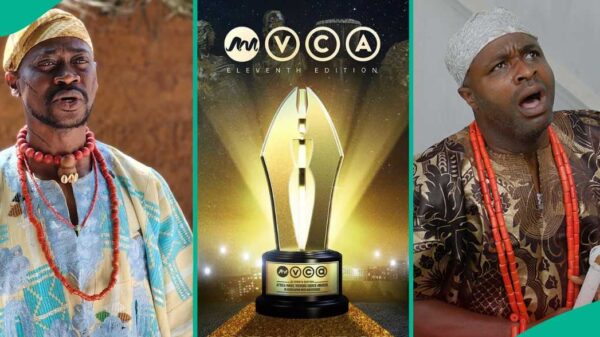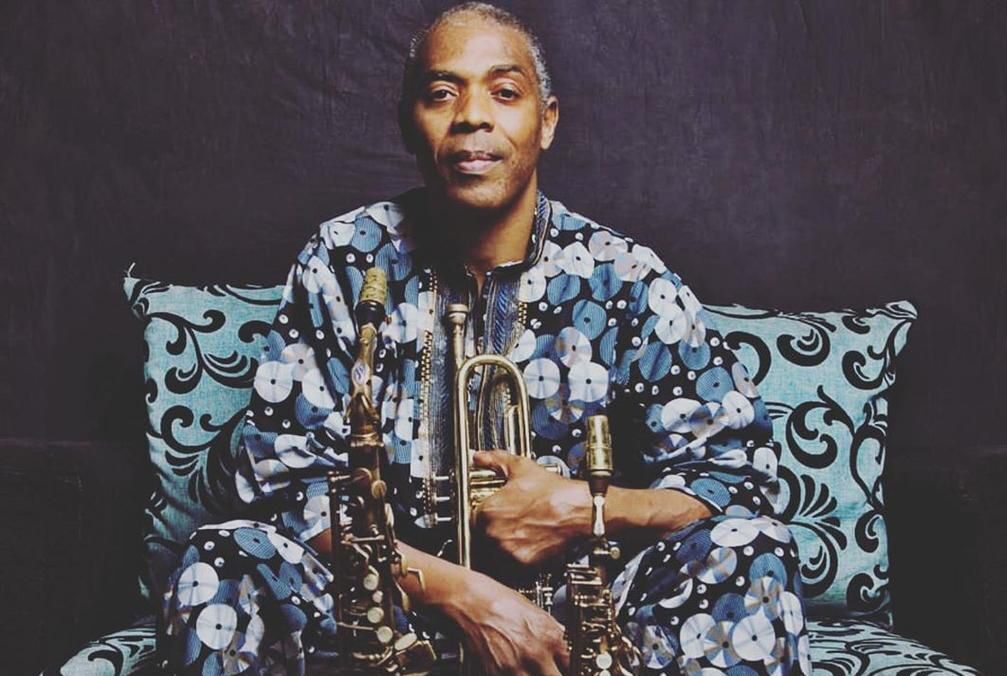Afrobeat is more than just music, it’s history, legacy, and a deep cultural movement. So when questions about its origins come up, emotions tend to run high. This time, it’s Femi Kuti, son of the legendary Fela Anikulapo Kuti, who’s speaking out.
In a recent interview, the Grammy-nominated Afrobeat torchbearer strongly disputed the widely circulated belief that Tony Allen, the late iconic drummer, co-created Afrobeat alongside Fela.
“That’s the biggest lie ever told against my father,” Femi Kuti declared, shutting down the narrative that has circulated over the years.
While acknowledging Allen’s drumming prowess, Femi was clear: “Yes, he was a good drummer, but Fela taught him his style of drums. Fela gave him all his drum patterns.”
According to Femi, he witnessed his father’s creative process firsthand, from his childhood into his teenage years. He recalls Fela meticulously structuring the music: bringing in the drummer, percussionist, rhythm guitarist, bassists, and saxophonists for rehearsals that could stretch over a week before the singers and horn section joined in.
This isn’t the first time Femi Kuti has pushed back on the claim. Back in 2017, he famously responded to an American journalist who credited Tony Allen as a co-creator of Afrobeat. In his view, there is no credible documentation, not even in Fela’s authorized biography, The Bitch of a Life by Carlos Moore, that supports that claim.
“Nobody can tell us about Fela because we were there,” he emphasized. “We saw the beatings, the imprisonment.”
Femi also highlighted that Fela wasn’t just a frontman or bandleader, he was the brains behind the music, a sound engineer who actively helped Tony Allen arrange and refine his compositions.
It’s important to note that Tony Allen played drums on over 30 albums with Fela and is rightly celebrated for shaping the sound of Afrobeat. But Femi is making a distinction between influence and invention, a line he’s unwilling to let history blur.
As Afrobeat continues to evolve and inspire new generations globally, the conversation around its origins is more relevant than ever. And for Femi Kuti, the legacy of his father deserves to be told truthfully, by those who were there.













